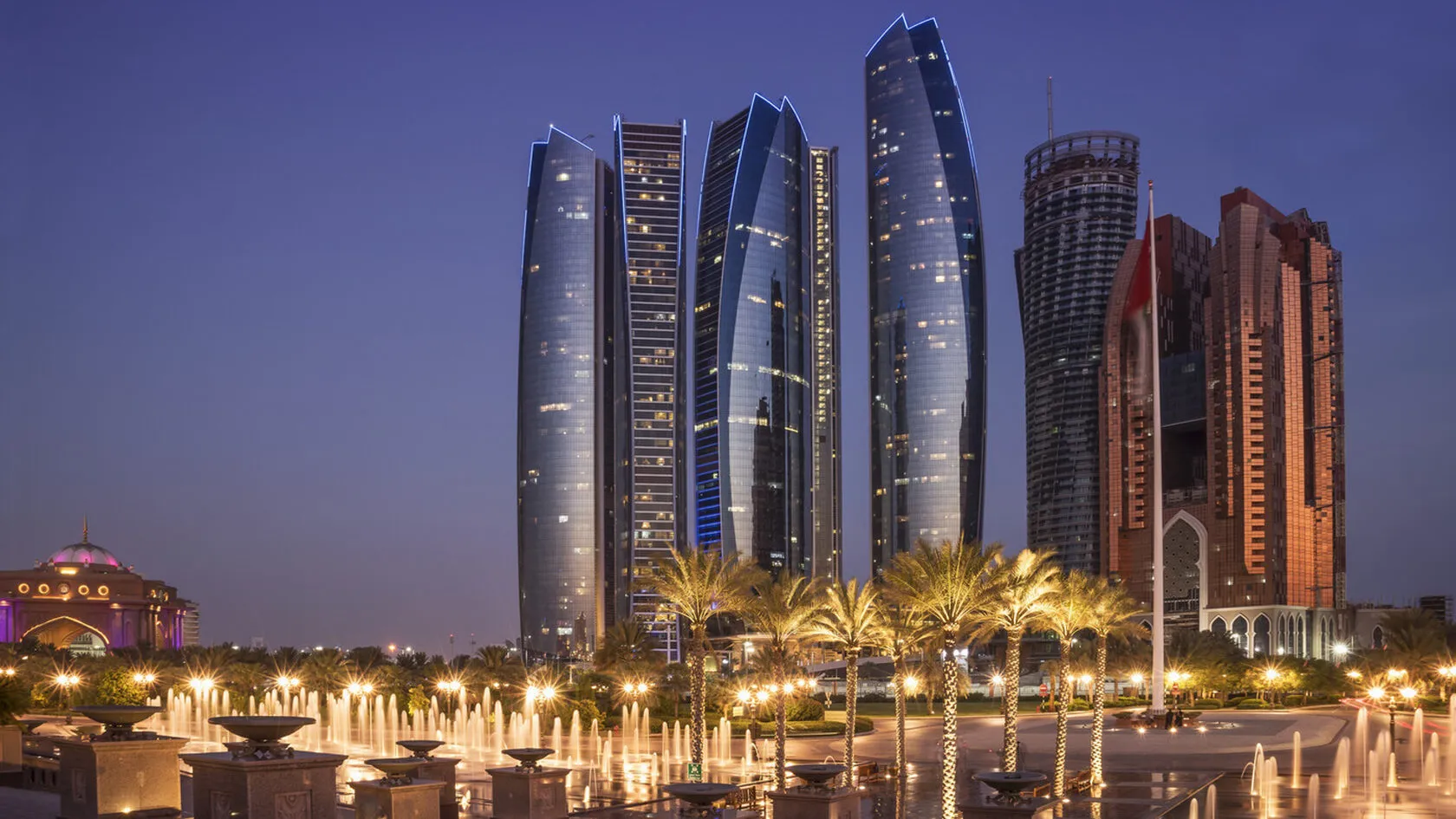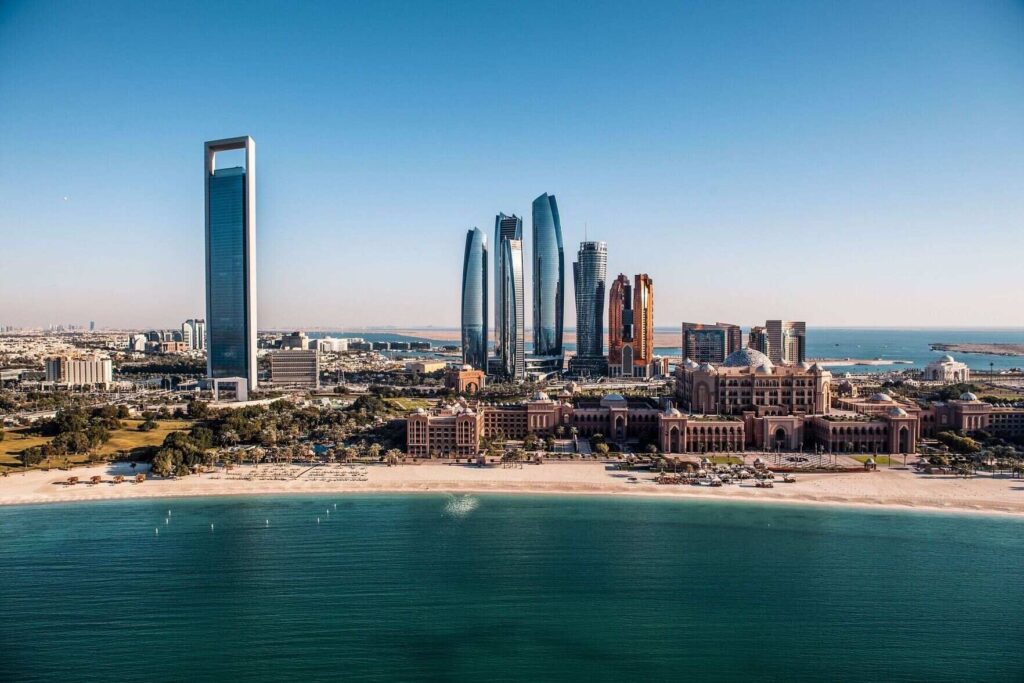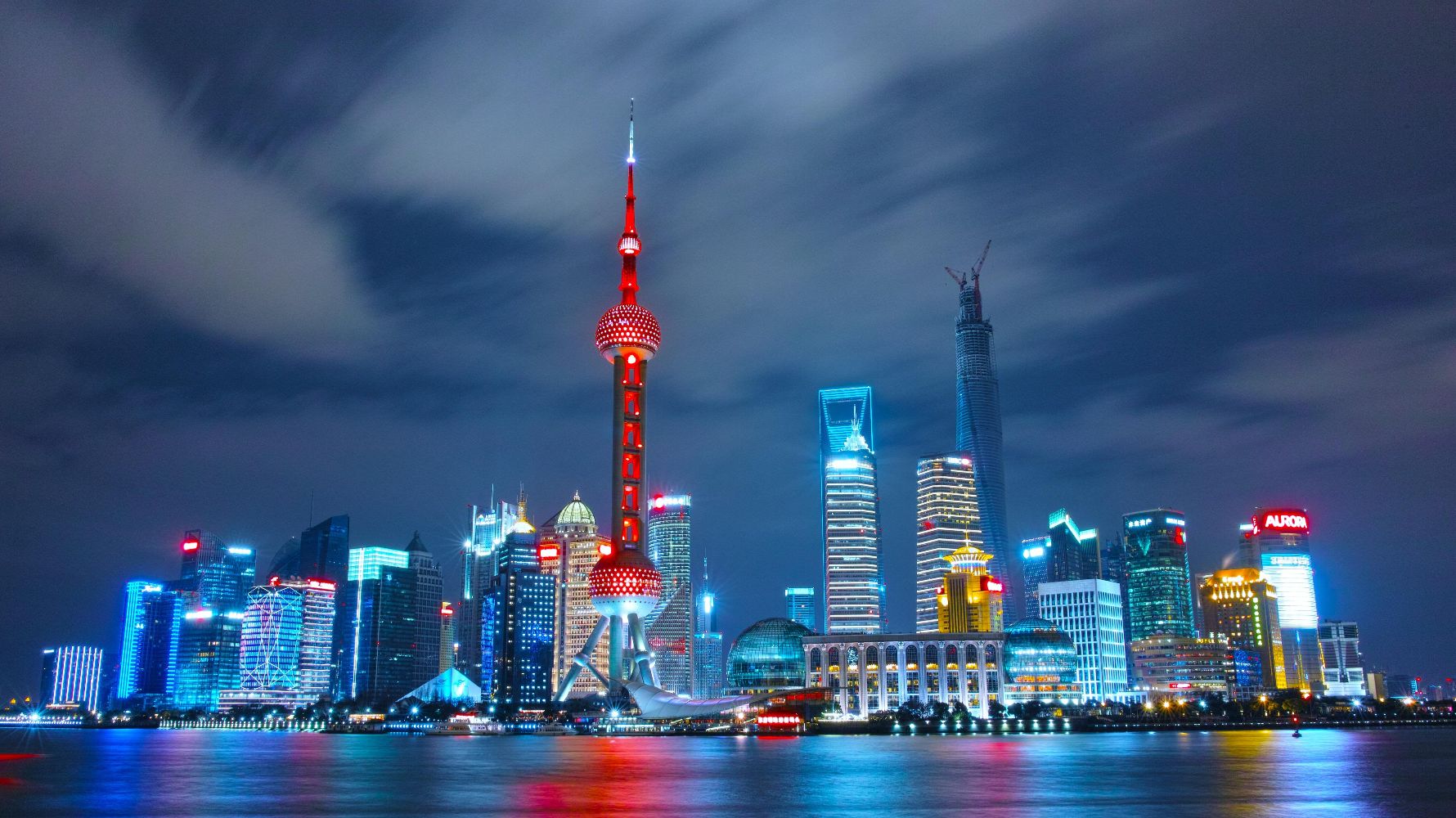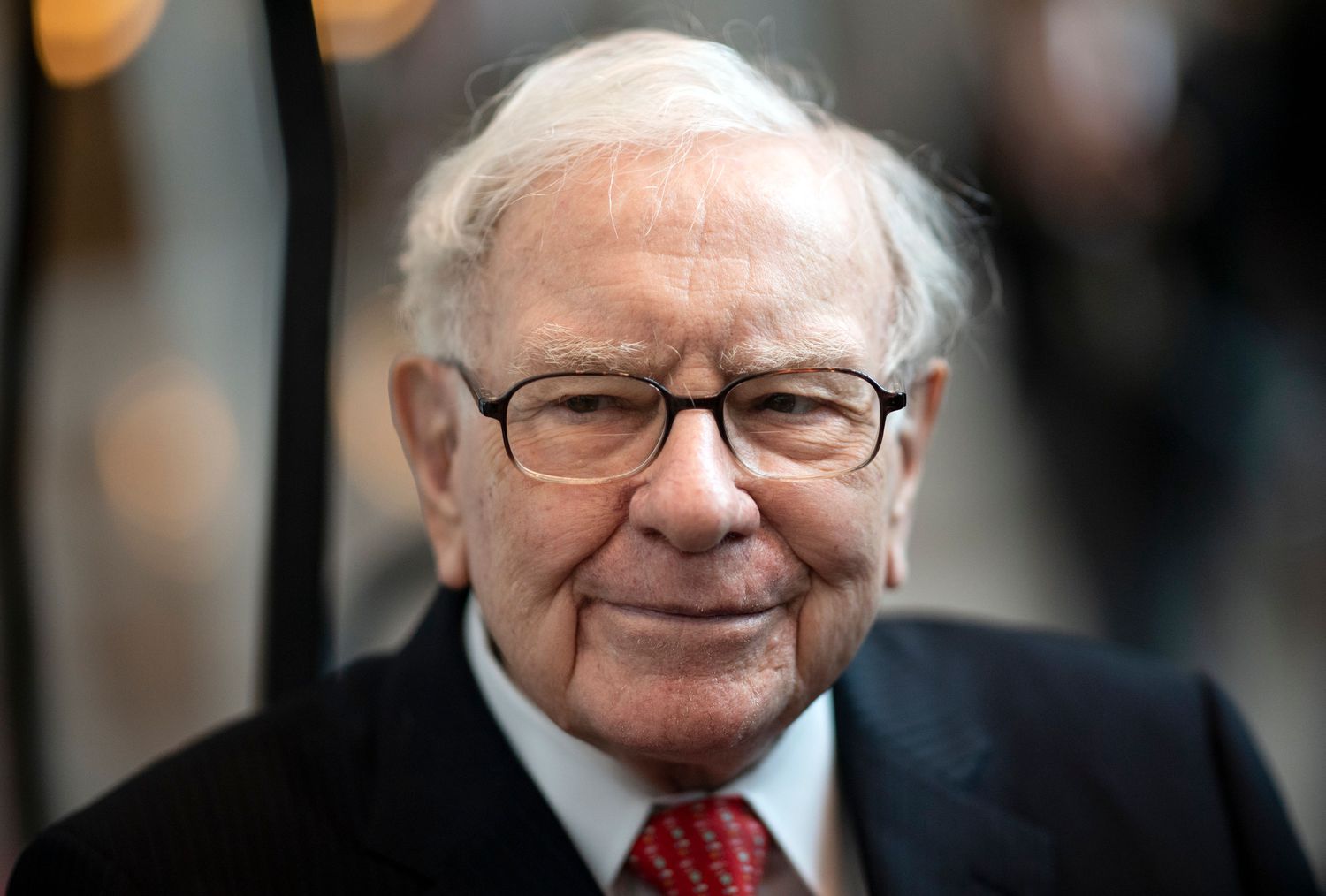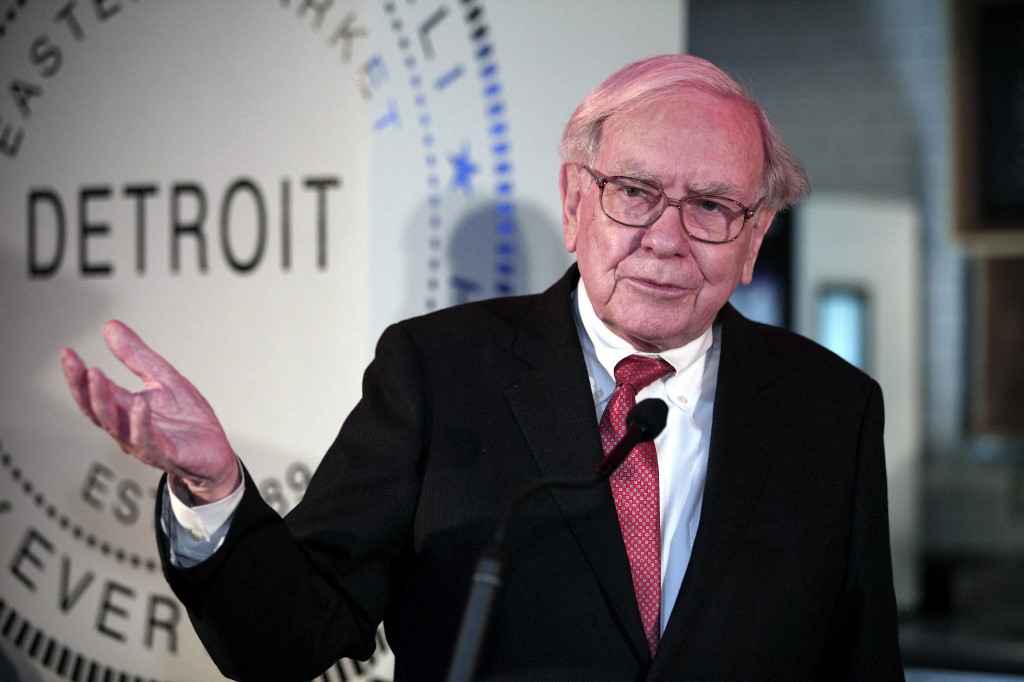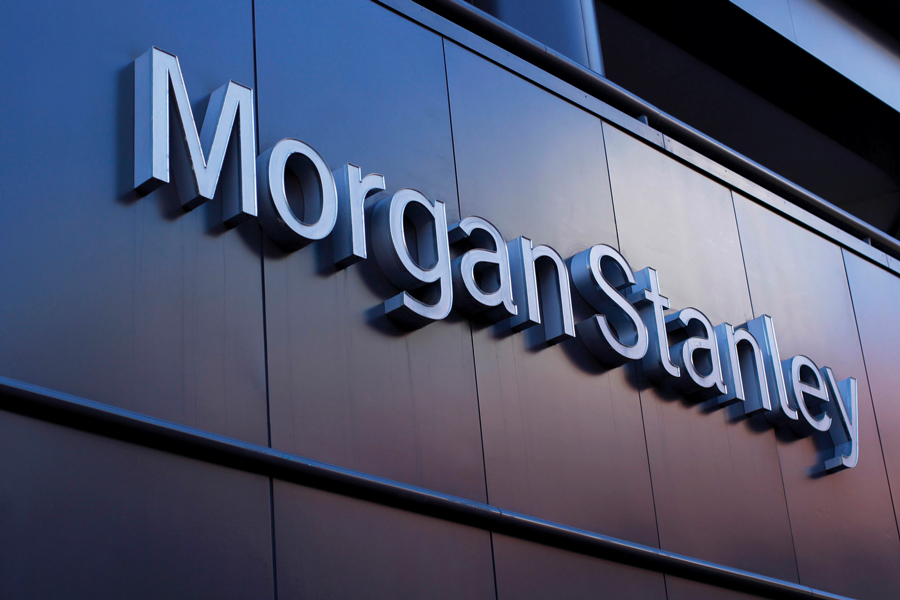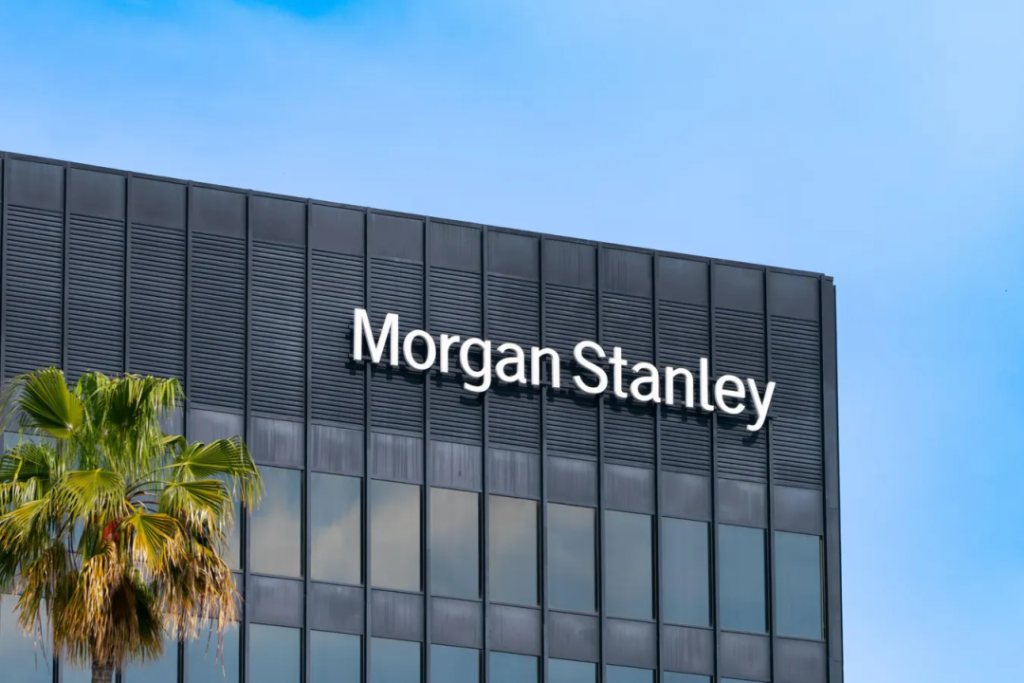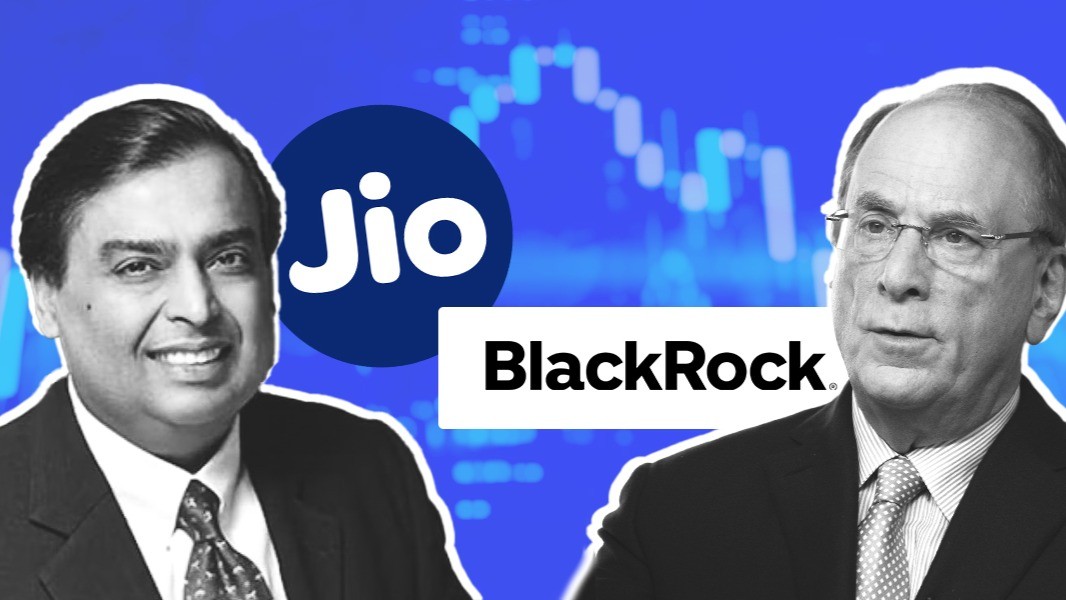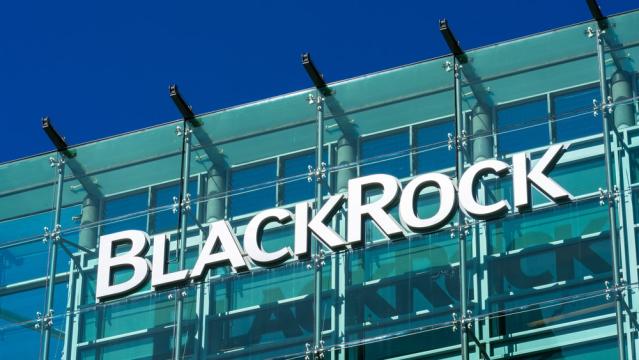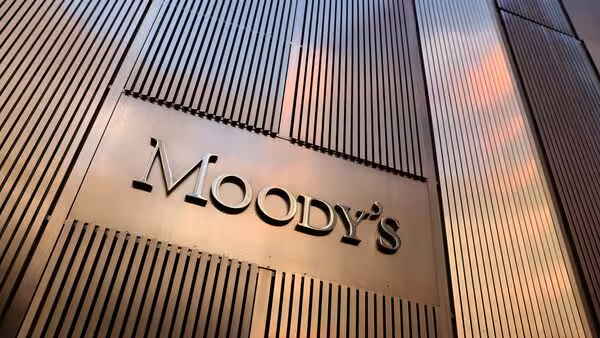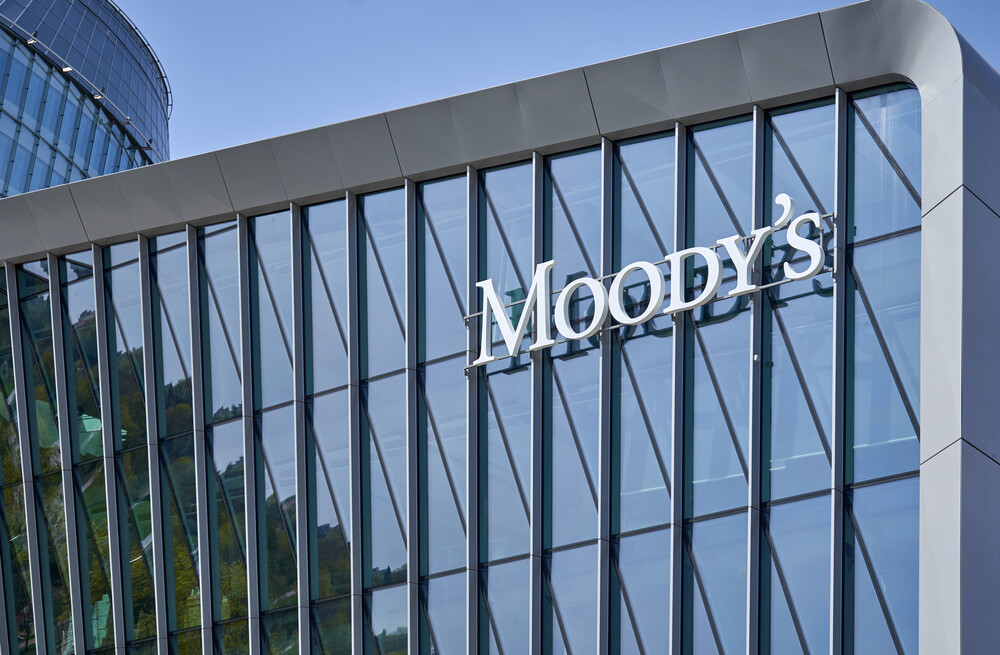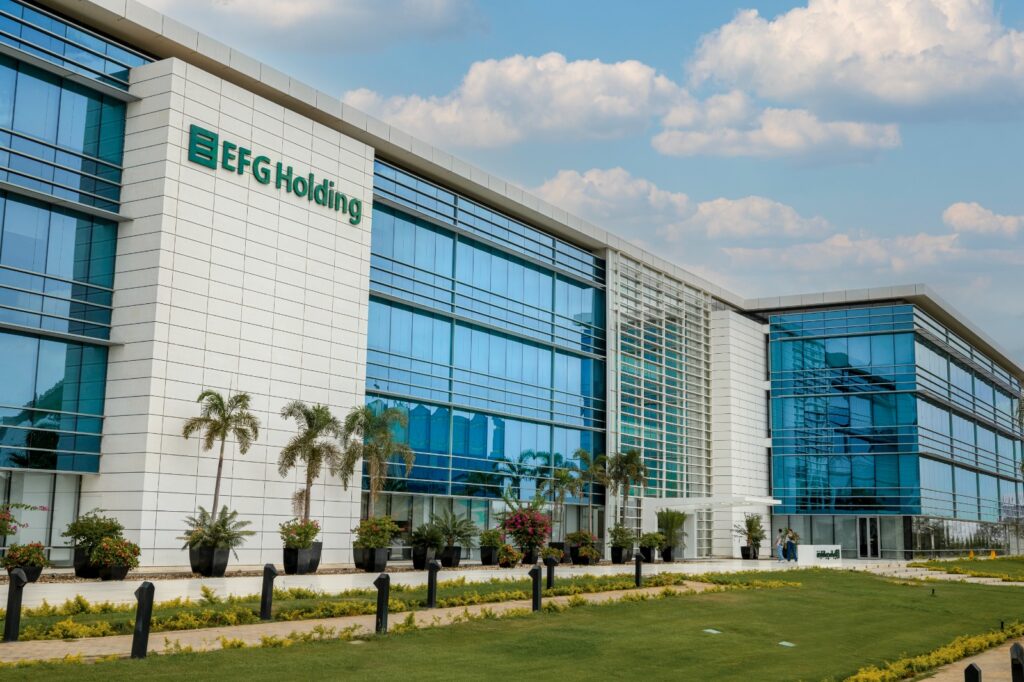
Egypt’s investment bank EFG Hermes has completed its 12th securitized bond issuance for financial technology firm Valu, totaling $13.5 million (EGP 667.3 million), according to a statement released on Sunday.
Issuance details
The subsidiary of EFG Holding Company said the issuance is part of a newly approved securitization program valued at $324.5 million (EGP 16 billion).
The bond is backed by a receivables portfolio assigned to EFG for securitization. It will consist of two tranches: the first, valued at $8.39 million (EGP 413.7 million), with a 6-month term, and the second, valued at $5.14 million (EGP 253.6 million), with a 12-month term.
EFG Hermes served as the sole financial advisor, transaction manager, bookrunner, underwriter, and arranger for the issuance. First Abu Dhabi Bank Misr (FABMISR) acted as an underwriter, while Arab African International Bank (AAIB) served as the custodian bank. The statement also noted that subscribers to the issuance included Arab Banking Corporation (ABC), Attijariwafa Bank Egypt, and others. Moreover, Dreny & Partners was the legal advisor, and Baker Tilly was the auditor.
“EFG Hermes is proud to support initiatives that fuel economic growth and create impactful opportunities, and we remain dedicated to working alongside Valu as it continues to lead and expand the fintech landscape,” said Maie Hamdy, Managing Director – Debt Capital Markets at EFG Hermes in a statement.
Financial performance
EFG Holding has reported a 95% year-on-year jump in second-quarter net profit after tax and minority interest to $16.1 million (EGP 791 million), according to its latest earnings report.The group’s revenue surged 63% year-on-year to $103.6 million (EGP 5.1 billion) for the quarter compared to the same period last year.
The increase was driven by strong revenues from the Investment Banking division and growth across the rest of the group’s core business areas.
Recent deals
Last month, EFG Hermes finalized the sale of Helmerich & Payne, Inc.’s entire stake in ADNOC Drilling for $197 million, conducted through an accelerated book build (ABB).
The investment bank was appointed as the joint global coordinator for the ABB to help Helmerich & Payne divest from its shares in the state-owned drilling company.
In July, EFG Hermes advised UAE-based Electra Investment Holding on its $449 million acquisition of a stake in Elsewedy Electric. A month earlier, EFG Hermes completed advisory services for the $11 billion secondary public offering of Saudi Aramco on the Saudi Exchange.
Additionally, in May, EFG Hermes facilitated a $935 million Accelerated Equity Offering (AEO) for UAE’s ADNOC Drilling.
Forbes ranking
EFG Holding ranks 11th on Forbes Middle East’s Egypt’s Top 50 Listed Companies 2024 list. Karim Awad, the group CEO and chairman of the Executive Committee of EFG Hermes, ranks ninth on Forbes Middle East’s Top 30 Asset Managers 2024 list.
Key background
Established in 2017, Valu, subsidiary of EFG Holding Company, is a Buy-Now, Pay-Later (BNPL) fintech platform that offers customizable financing plans for up to 60 months across more than 6,000 points of sale and over 1,500 online stores. It also also offers investment products, an instant cash redemption program, savings solutions, and a financing solution to facilitate the purchase of big-ticket items.






